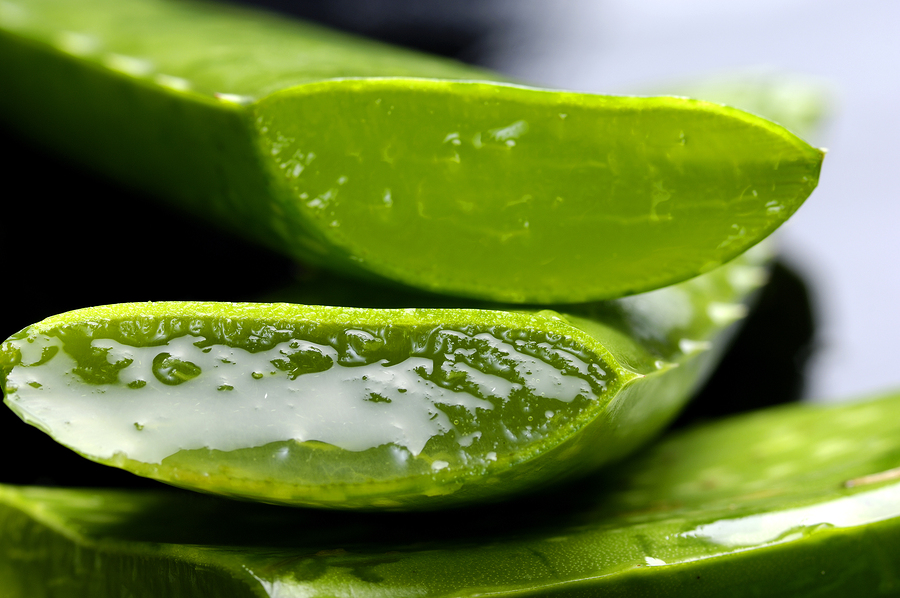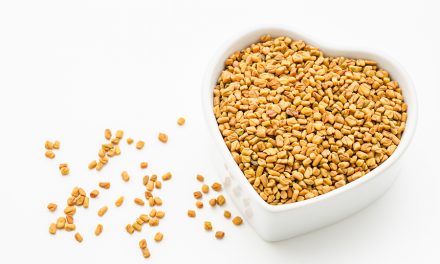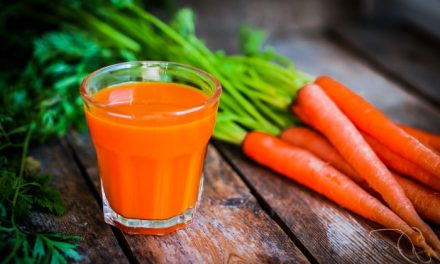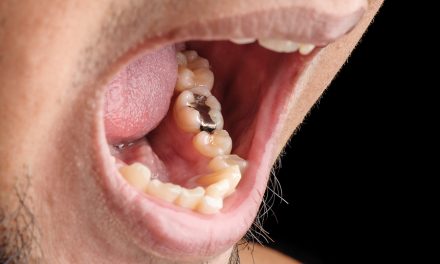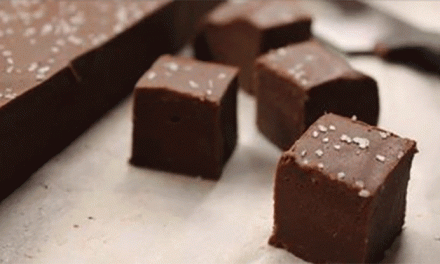Picture this: it’s the middle of June and the sun is starting to make regular stops in the sky, no longer hidden by the clouds. The temps are starting to remain above 70 all the time. It’s summer. But every once in awhile, even if you are super careful, that sun- which feels too good to move out of after the lonnnnng winter- will bite you. No worries, you think, I’ve got aloe vera from Wal-Mart.
Nope. Turns out the aloe vera gel they sell contains no evidence of aloe vera at all.
From the article:
“Samples of store-brand aloe gel purchased at national retailers Wal-Mart, Target and CVS showed no indication of the plant in various lab tests. The products all listed aloe barbadensis leaf juice — another name for aloe vera — as either the No. 1 ingredient or No. 2 after water.”
As the U.S.D.A doesn’t approve cosmetics before they’re sold (which allows countless harmful chemicals in health care products, us, and our environment- all in the name of profit), suppliers are on the honor system.
“Aloe’s three chemical markers — acemannan, malic acid and glucose — were absent in the tests for Wal-Mart, Target and CVS products conducted by a lab hired by Bloomberg News. The three samples contained a cheaper element called maltodextrin, a sugar sometimes used to imitate aloe. The gel that’s sold at another retailer, Walgreens, contained one marker, malic acid, but not the other two. That means the presence of aloe can’t be confirmed or ruled out, said Ken Jones, an independent industry consultant based in Chapala, Mexico.”
Target Corp. didn’t want to comment on the study but spokesmen for Wal-Mart, CVS Health Corp., and Walgreens Boots Alliance Inc. said their suppliers confirmed that their products were authentic.
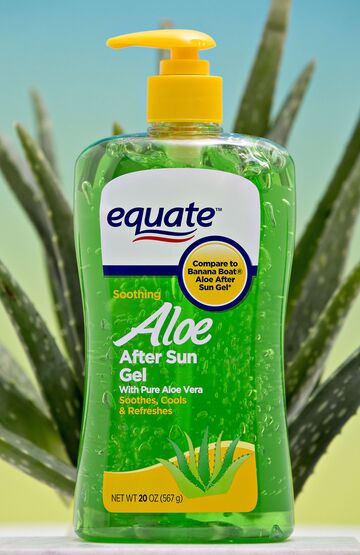
From the article:
“The four gels that Bloomberg had analyzed were Wal-Mart’s Equate Aloe After Sun Gel with pure aloe vera; Target’s Up & Up Aloe Vera Gel with pure aloe vera; CVS Aftersun Aloe Vera Moisturizing Gel; and Walgreens Alcohol Free Aloe Vera Body Gel. The lab that did the testing requested anonymity to preserve its business relationships.
The tests used a technique called nuclear magnetic resonance. It found additives such as maltodextrin and other ingredients, like triethanolamine, an emulsifier. In all the samples, lactic acid, a component that indicates degraded aloe vera, was absent.”
Hmmmm.
Fruit of the Earth, the Texas-based company that makes the gels for Wal-Mart, Target, and Walgreens said their aloe supplier, Concentrated Aloe Corp., uses fair trade, organic aloe that’s farmed and processed in Guatemala.
https://www.youtube.com/watch?v=CGUvT-WQp0M
Someone is not telling the truth (even though they just got caught)!

As Tim Meadows, president of Concentrated Aloe Corp., sees it, “nuclear magnetic resonance” isn’t a reliable test on the aloe products because “the presence of multiple ingredients can cause interference and there’s no way to test for aloe in finished products.”
So, while it’s true that nuclear magnetic resonance wasn’t designed to study aloe vera in cosmetics, the lab results still suggest that the plant isn’t a major component of the products.
Lawsuits Filed
Regardless of the test, several law firms have filed lawsuits against the four retailers since separate testing failed to find aloe in the private-label products. They’re seeking class-action status and restitution for all the customers who they say were misled. And while I don’t personally buy from one of the retailers mentioned, I can’t blame the people who were duped.
A Beneficial Plant with Healing Properties

Aloe vera, a succulent, is farmed in hot climates like Texas and Mexico. The plant’s spiky leaves contain a clear goo that people have used as a topical ointment to treat burns and other skin problems for millennia (it’s also really good in your juice and is good for healing inflammation, including internal). In fact, ancient Egyptians knew it as “plant of immortality,” it was even found on stone carvings from 6,000 years ago.

True Aloe
People swear by aloe because it lives up to the hype. In fact, many people just keep the succulent around the house, rather than buy a product. Turns out that was a better idea than buying it at Target! It’s cheap to purchase, can grow from shared cuttings, and will save you in the kitchen or sun after a burn.
Source: Bloomberg



